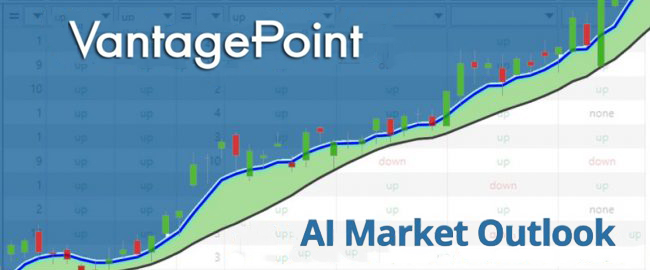Swiss Central Bank Extends Pilot Project for Tokenized Bonds Settled with Experimental Digital Currency
According to Odaily, the Swiss Central Bank recently announced that it will extend its pilot project for selling the first batch of tokenized bonds settled with its experimental digital currency, also known as wholesale Central Bank Digital Currency (CBDC), for another two years. The bank described the project as 'very successful'. The Swiss Central Bank stated that using CBDCs for settling and clearing financial transactions could eliminate credit risk. In contrast, all digital bonds issued in the United States so far have been settled with private digital tokens, which do not have the same safeguards as central bank-backed currencies. Moody's Corporation stated in a declaration that the lack of digital cash compatible with distributed ledger technology is often a significant barrier to the development of this technology, and Switzerland is the most advanced country in this field.

